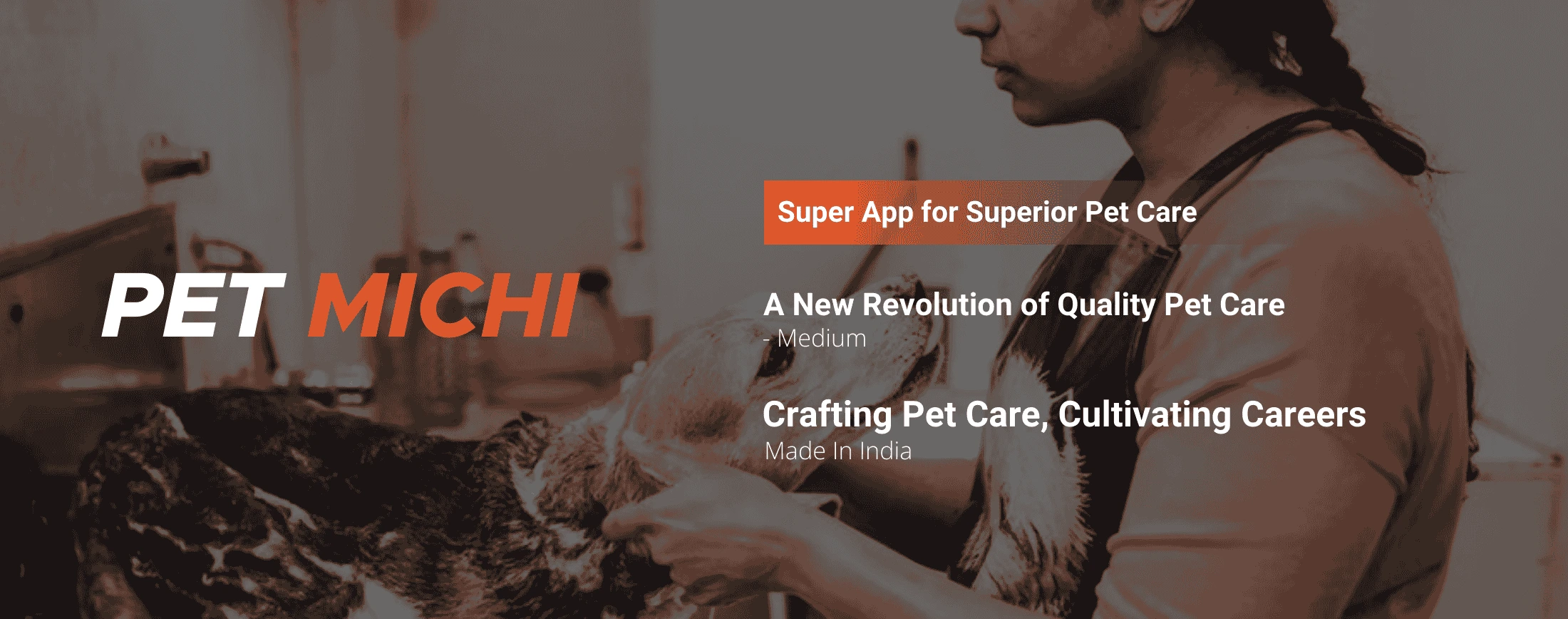The Importance of Hydration for Pets
Just like humans, pets rely on water for essential body functions, from regulating body temperature to ensuring proper digestion and healthy organs. However, many pet parents underestimate the importance of hydration, which can lead to severe health issues. Let’s explore why hydration is crucial for your furry friends and how you can ensure they stay hydrated.
Why Hydration is Essential for Pets
Water makes up about 60-70% of your pet’s body weight. Without it, pets can suffer from dehydration, which may lead to various health problems, including:
- Kidney Issues: Dehydration can impair kidney function, leading to serious conditions such as kidney stones or failure.
- Digestion Problems: Water is essential for proper digestion. Lack of hydration can result in constipation and discomfort.
- Overheating: Pets are more prone to heat exhaustion, especially in warm climates. Water helps regulate their body temperature, preventing heatstroke.
According to a study by the American Pet Products Association (APPA), around 1 in 3 pet owners admitted they didn’t provide fresh water to their pets consistently throughout the day, exposing their pets to potential dehydration risks. Additionally, dogs, in particular, lose water faster through panting, making it even more important to replenish their fluids regularly.
Signs Your Pet May Be Dehydrated
It’s crucial to spot signs of dehydration early. Here are some telltale indicators:
- Lethargy
- Dry gums or nose
- Loss of skin elasticity (if you gently pull the skin and it doesn’t snap back quickly)
- Sunken eyes
- Panting or drooling excessively
If you notice any of these symptoms, it’s important to provide water immediately and consult a vet.
How to Ensure Your Pet Stays Hydrated
As a responsible pet owner, it’s essential to establish habits that keep your pet well-hydrated. Here are some strategies to ensure your pet remains hydrated:
- Hydration Reminders: Set up regular reminders for yourself to refill your pet’s water bowl, especially if you have a busy schedule. This can be done by setting alarms or using apps designed to track pet care.
- Daily Water Intake Monitoring: Keep track of how much water your pet is drinking daily. You can log their intake manually or use a water bowl that tracks how much water is consumed. This helps you spot any changes in hydration patterns and adjust accordingly.
- Make Water Appealing: Some pets might be picky about drinking still water. Try using a pet fountain, which provides fresh, flowing water that some pets prefer. Additionally, in warm weather, you can add ice cubes to make the water cooler and more enticing.
- Increase Moisture in Food: Feeding your pet high-moisture food, such as wet food or adding water or broth to dry food, can increase their water intake. This is especially helpful for pets that may not drink enough water on their own.
- Provide Extra Water on Hot Days: During hot weather or after intense physical activity, make sure to offer your pet extra water to prevent overheating. You can also carry a portable water bowl when traveling or going for walks.
Incorporating Key Tips for Pet Nutrition and Hydration
In addition to ensuring hydration, it's important to focus on proper nutrition, as outlined in the image:
- High-Quality Ingredients: Always choose pet food with high-quality protein sources like real meat or fish. This ensures better overall health and can indirectly support hydration, as pets often get some moisture from their food.
- Age-Appropriate Nutrition: Your pet's nutritional needs change as they age. Providing age-appropriate food not only supports their health but also helps maintain hydration by delivering balanced moisture through food.
- Portion Control: Overfeeding can lead to obesity and other health problems, including dehydration risks. Maintaining a balanced diet is crucial, and monitoring portion sizes helps avoid overfeeding.
- Fresh Water: As shown in the image, providing clean, fresh water is essential to avoid dehydration and its negative consequences. Always make sure your pet has access to water at all times, especially during and after meals.
- Treats in Moderation: Treats can be a great reward but should be given in moderation to avoid excessive calories. Proper portioning also aids in maintaining hydration levels by ensuring pets don't overeat.
Practical Tips Backed by Stats
A recent study found that 40% of pet owners fail to ensure
their pets have access to water throughout the day, leading to
potential dehydration risks. 75% of pet owners noticed improved hydration habits in their
pets
after incorporating water fountains and high-moisture foods into their
routine. Ensuring proper hydration can lead to a 30% decrease in
veterinary visits related to digestive issues, overheating, or
dehydration-related problems.
Conclusion
Hydration is an often-overlooked aspect of pet care, yet it’s essential for your pet's health and well-being. By ensuring they always have access to fresh water, providing high-moisture food, and monitoring their water intake, you can keep your pet happy, healthy, and hydrated. Along with proper nutrition and portion control, these simple steps can make a world of difference in your pet’s overall quality of life—because every drop counts.

